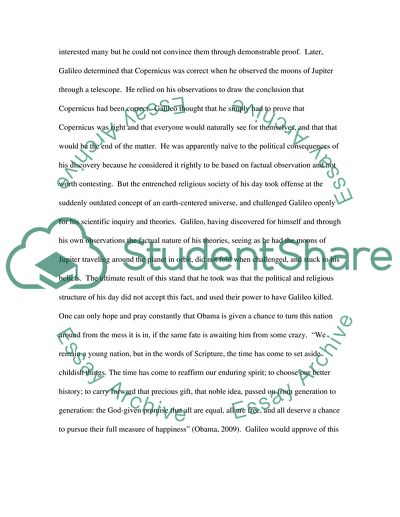Cite this document
(“Machiavelli's Advice to Obama Essay Example | Topics and Well Written Essays - 3750 words”, n.d.)
Machiavelli's Advice to Obama Essay Example | Topics and Well Written Essays - 3750 words. Retrieved from https://studentshare.org/philosophy/1721229-essay-on-helping-president-obama-with-galileo-machiavelli-and-aristotle-as-his-advisors
Machiavelli's Advice to Obama Essay Example | Topics and Well Written Essays - 3750 words. Retrieved from https://studentshare.org/philosophy/1721229-essay-on-helping-president-obama-with-galileo-machiavelli-and-aristotle-as-his-advisors
(Machiavelli'S Advice to Obama Essay Example | Topics and Well Written Essays - 3750 Words)
Machiavelli'S Advice to Obama Essay Example | Topics and Well Written Essays - 3750 Words. https://studentshare.org/philosophy/1721229-essay-on-helping-president-obama-with-galileo-machiavelli-and-aristotle-as-his-advisors.
Machiavelli'S Advice to Obama Essay Example | Topics and Well Written Essays - 3750 Words. https://studentshare.org/philosophy/1721229-essay-on-helping-president-obama-with-galileo-machiavelli-and-aristotle-as-his-advisors.
“Machiavelli'S Advice to Obama Essay Example | Topics and Well Written Essays - 3750 Words”, n.d. https://studentshare.org/philosophy/1721229-essay-on-helping-president-obama-with-galileo-machiavelli-and-aristotle-as-his-advisors.


